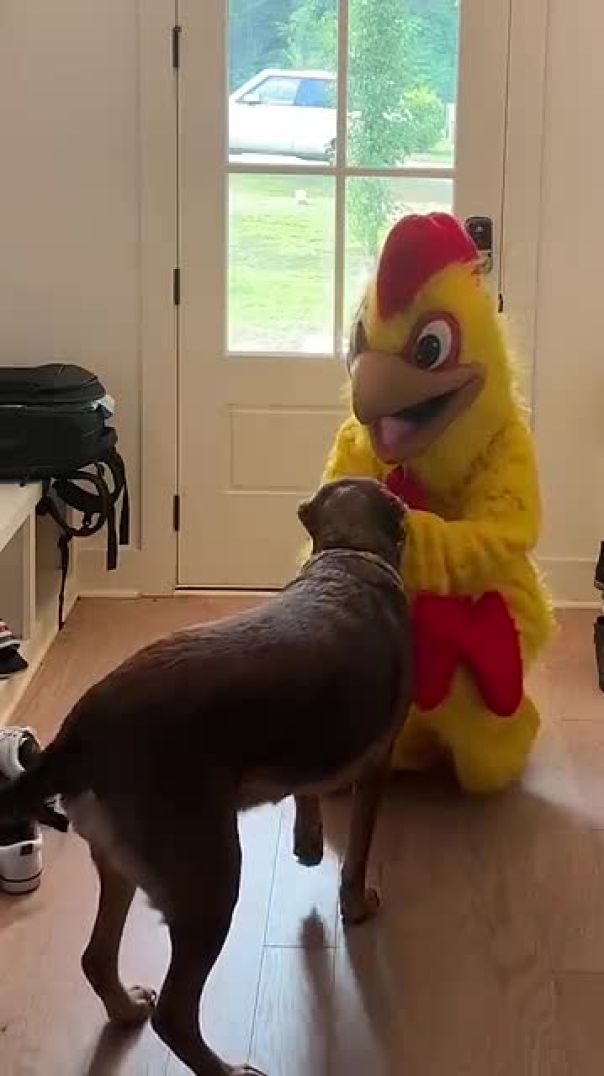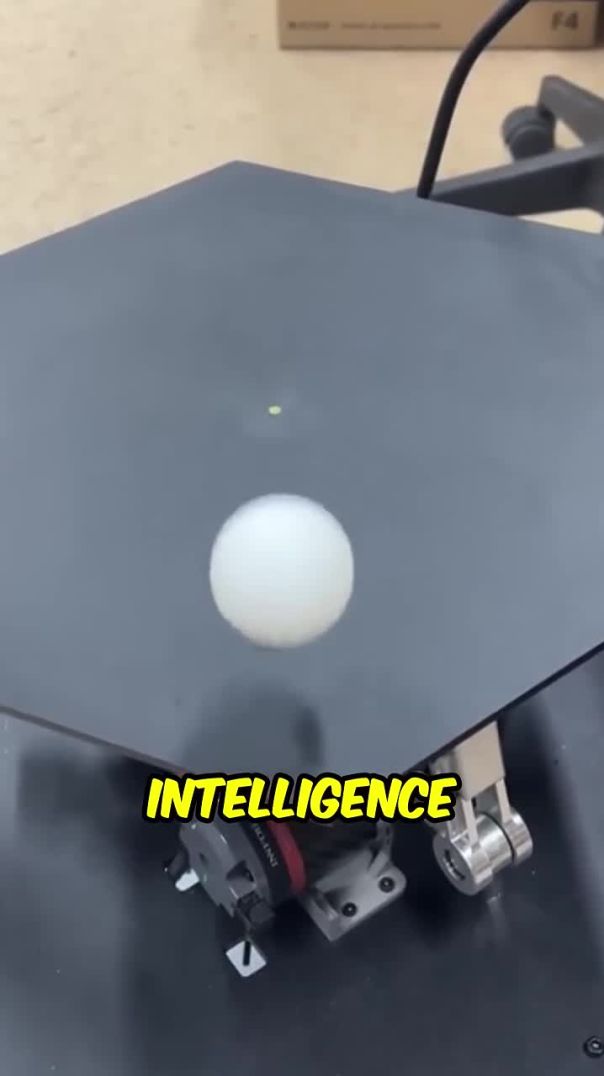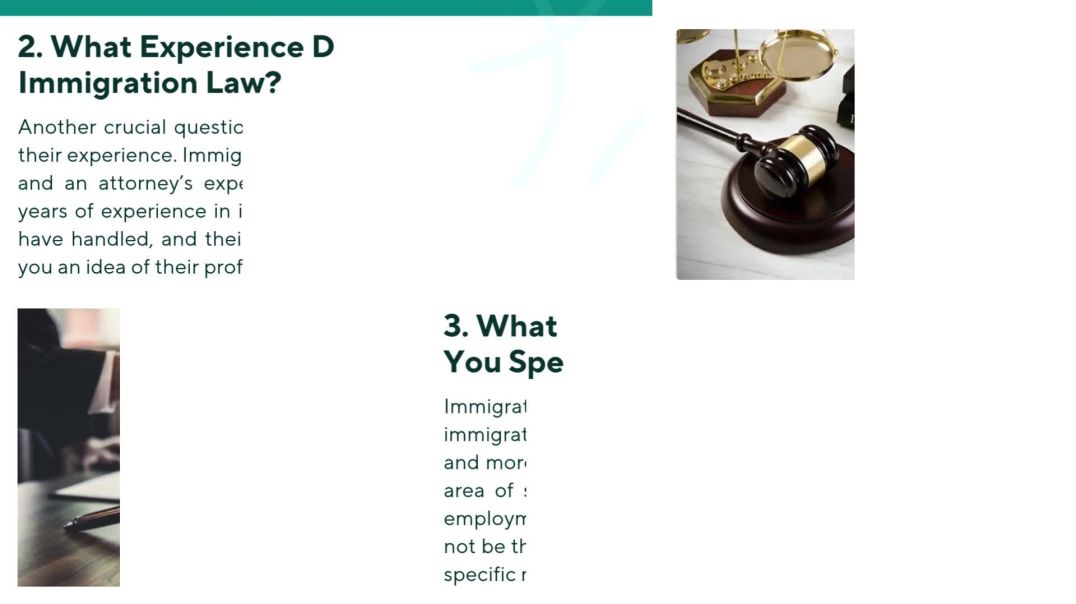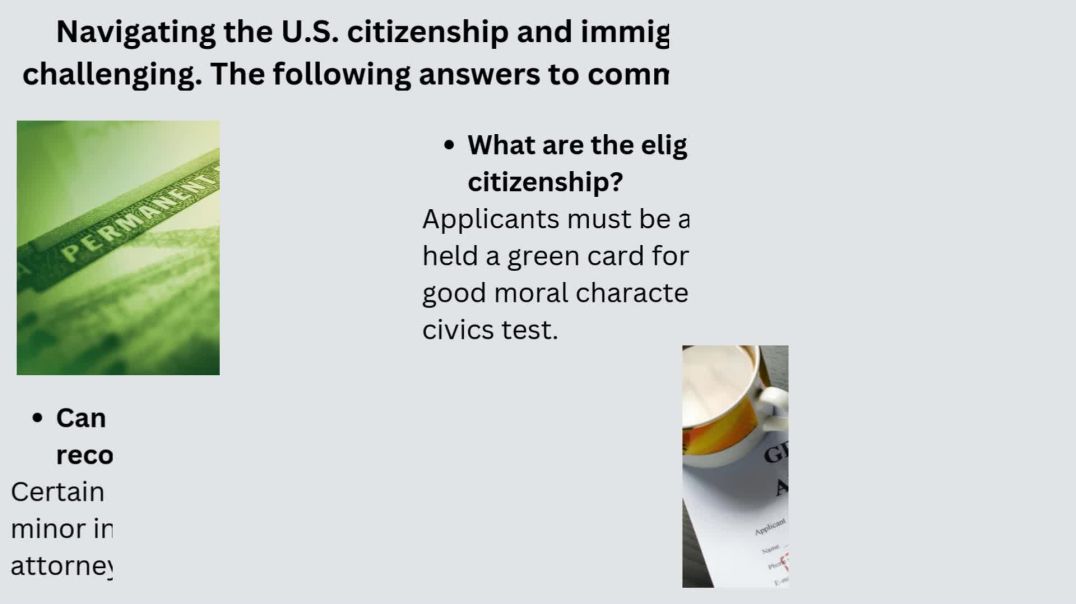4 Views· 12 November 2022
How to succeed in your JOB INTERVIEW: Situational Questions
Imagine you have a job interview in the near future. How would you prepare for it? Job interviews can be difficult whether you are an English learner or a fluent speaker. Learning about common interview question types can help you prepare and feel more confident for the big day. In many English-speaking countries, interviews often include situational questions. A situational question gives you an imaginary scenario and asks what you would do if it were real. In this video, I will teach you about situational interview questions and how to answer them. This video also has a listening practice that will help you recognize these questions and prepare for them. After watching this video, watch some of my other job interview and employment skill videos: https://www.youtube.com/watch?v=-iRBcNs9oI8&list=PLaNNx1k0ao1uIoYaxVNntjU9kIjWYNlxO
TRANSCRIPT
Hello. My name is Emma, and in today's video, I am going to teach you about job interview questions; specifically, we are going to talk about a type of job interview question called "a situational interview question". "Situational" is quite a large word, and you know, it's nothing to be afraid of, if you get this type of question. What we are going to learn today is how to recognize a situational interview question, and how to answer one. Okay? And I'm going to share a whole bunch of tips on the best ways to answer these types of questions.
All right, so to get started, I've shown some examples of a situational interview type of question. So, let's read these together.
The first question: "You hear someone making a racist joke in your office. What would you do?"
"You disagree with the way your supervisor says to solve a problem. What would you do?"
"You have been placed in charge of a team for a new project. What are your first steps to get the team going?"
Okay? So, I want you to think about these questions, and: What do they have in common? Okay? If you said that these questions were talking about an imaginary situation or a hypothetical situation, you're correct. When we answer these types of questions, we're talking about something we would do if a situation happened. So, this is not based on our experiences; this is based on, you know, what we might do if this situation happened to us. Okay? So, again, there are many different types of interview questions; this is just one type that you might get. And these are just some examples; there are many more examples of situational interview questions.
So, how do we know these questions are situational interview type questions? Well, there's a couple of keywords which can really help you recognize and identify these types of questions. If you hear the word: "If"; if you hear the word "would", these are really good hints. So, for example: "What would you do?" That's a... right there, we know: "Okay: 'What would you do?' it's a situational question." Again: "What would you do?"
Another common clue or another way we can tell that a question is situational is they often start with the word: "You", because they want you to imagine yourself in this situation. So, for example: "You hear someone making a racist joke in the office." Or: "You have been placed in charge of a team for a new project." This hasn't actually happened to you yet, but this is something that might happen to you in the future at this job. So, the interviewer wants to know: "If this happened, what would you do?" Okay?
Okay, so now what we're going to do is we're going to look at some more examples of situational interview questions, and we're going to do a practice listening activity to help you practice recognizing these types of questions.
Okay, so now that you know a little bit more about situational interview questions, let's practice listening for them. Okay? So, what I'm going to do is I'm going to say some different types of interview questions, and I want you to decide: Are they situational or not? Are they situational or something else? Okay? So, I want you to take out a piece of paper and get your pen or pencil ready, and I want you to make a picture on your paper that looks like this. Okay? So you can write: 1, 2, 3, 4, 5, a column for yes and a column for no. Okay? And when... so, you can pause the video, and then when you're ready, you can unpause it and we can begin. Okay.
So, now that you have your piece of paper and your pencil ready, and you've put this on your paper, let's get started. I'm going to say a question, and if it's situational, I want you to put a checkmark under "Yes"; if it's not situational, I want you to put a checkmark under "No". Okay? And to help you with this, remember: Situational questions usually have keywords in them, like: "If", "would", or they might begin with a sentence that starts with "You". Okay? So, let's... let's practice.
Question number one: "What would you do if you knew your boss was absolutely wrong about an important work-related issue?" […]



























0 Comments